Maybe the problem isn’t that scholars don’t know how to speak to U.S. foreign-policy makers, but rather that U.S foreign-policy makers don’t know how to engage with scholarship?


Maybe the problem isn’t that scholars don’t know how to speak to U.S. foreign-policy makers, but rather that U.S foreign-policy makers don’t know how to engage with scholarship?

So Japan’s former Prime Minister, Shinzo Abe, was very friendly with Donald Trump while he was president. The two leaders even played several rounds of golf when they were both in power, despite...

Most versions of the left gain little and sacrifice much in accepting a realist epistemology. Theories of international relations are just tools for making sense of patterns and puzzles in the world; they don’t need groupies.

Recent chatter about David Remnick's interview of Stephen Kotkin reminds me of another interview that Kotkin recorded in February. Kotkin draws an analogy between Putin's decision to invade Ukraine...
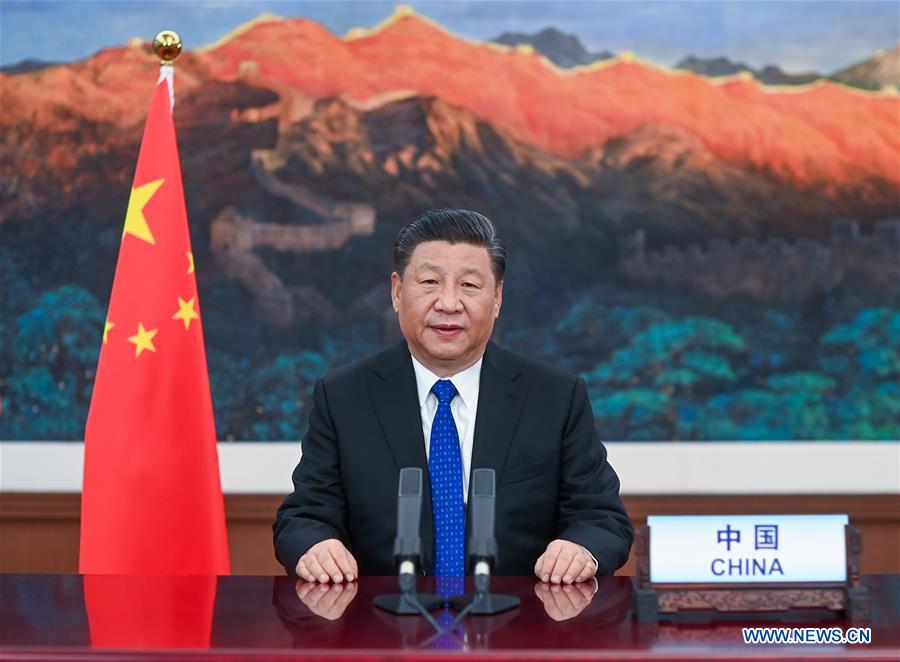
This is a guest post from Collin Meisel and Jonathan D. Moyer. Collin Meisel (Twitter: @collinmeisel) is a Research Associate at the Frederick S. Pardee Center for International Futures and a veteran of the U.S. Air Force. At Pardee, Collin works with the Diplometrics team to analyze international relations and build long-term bilateral forecasts for topics such as trade, migration, and international governmental organization membership. Jonathan D. Moyer (Twitter: @moyerjonathan) is Assistant Professor at the Josef Korbel School of International Studies at the University of Denver and...
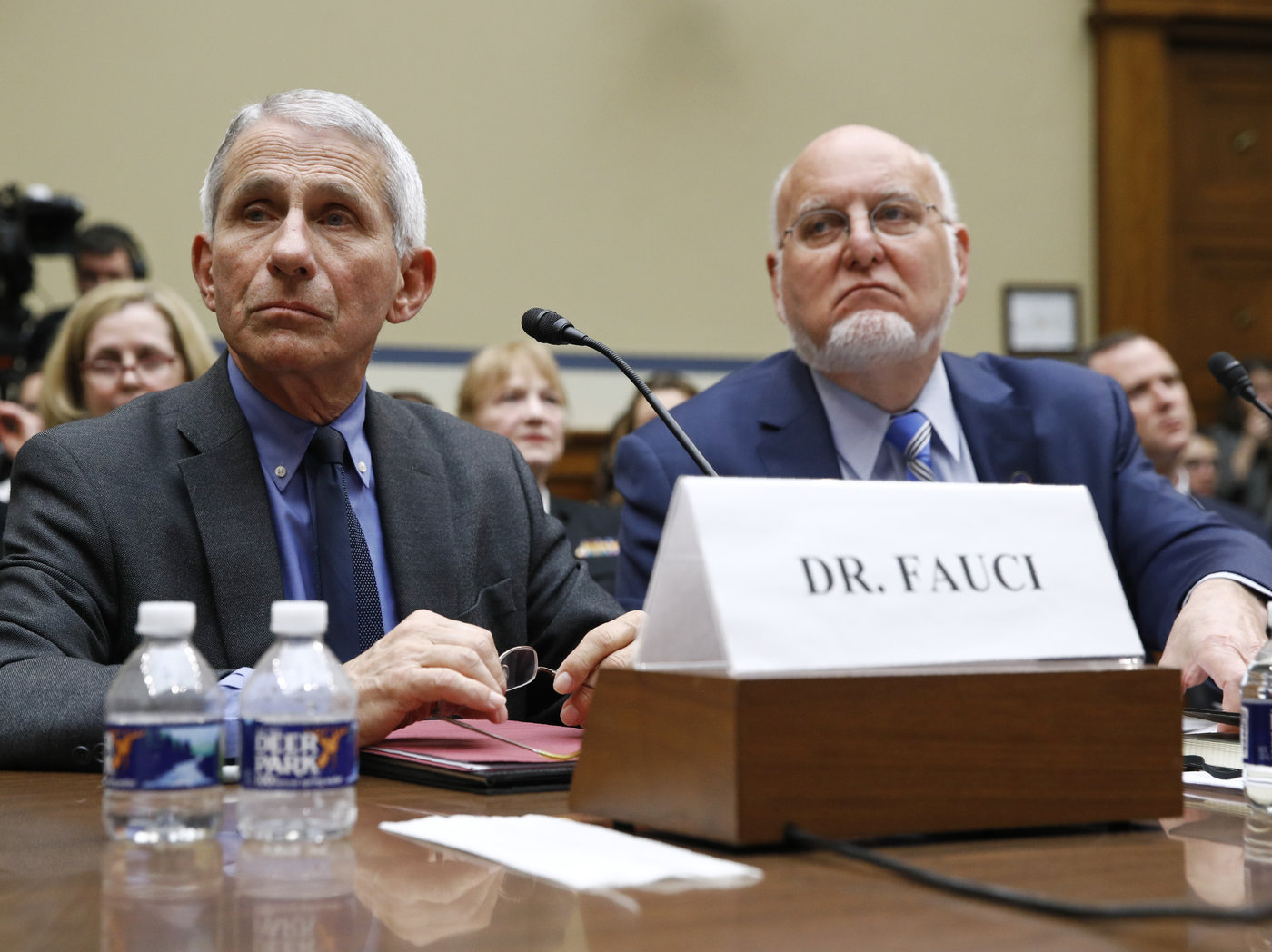
This is a guest post from Erik Dahl, an associate professor of national security affairs at the Naval Postgraduate School in Monterey, California, and the author of Intelligence and Surprise Attack: Failure and Success from Pearl Harbor to 9/11 and Beyond (Georgetown, 2013). The opinions expressed in this article are the author’s alone, and do not necessarily reflect the views of the Naval Postgraduate School or the U.S. Department of Defense. As many parts of the United States begin to slowly reopen amid the continuing coronavirus pandemic, there are increasing calls in Congress and from...
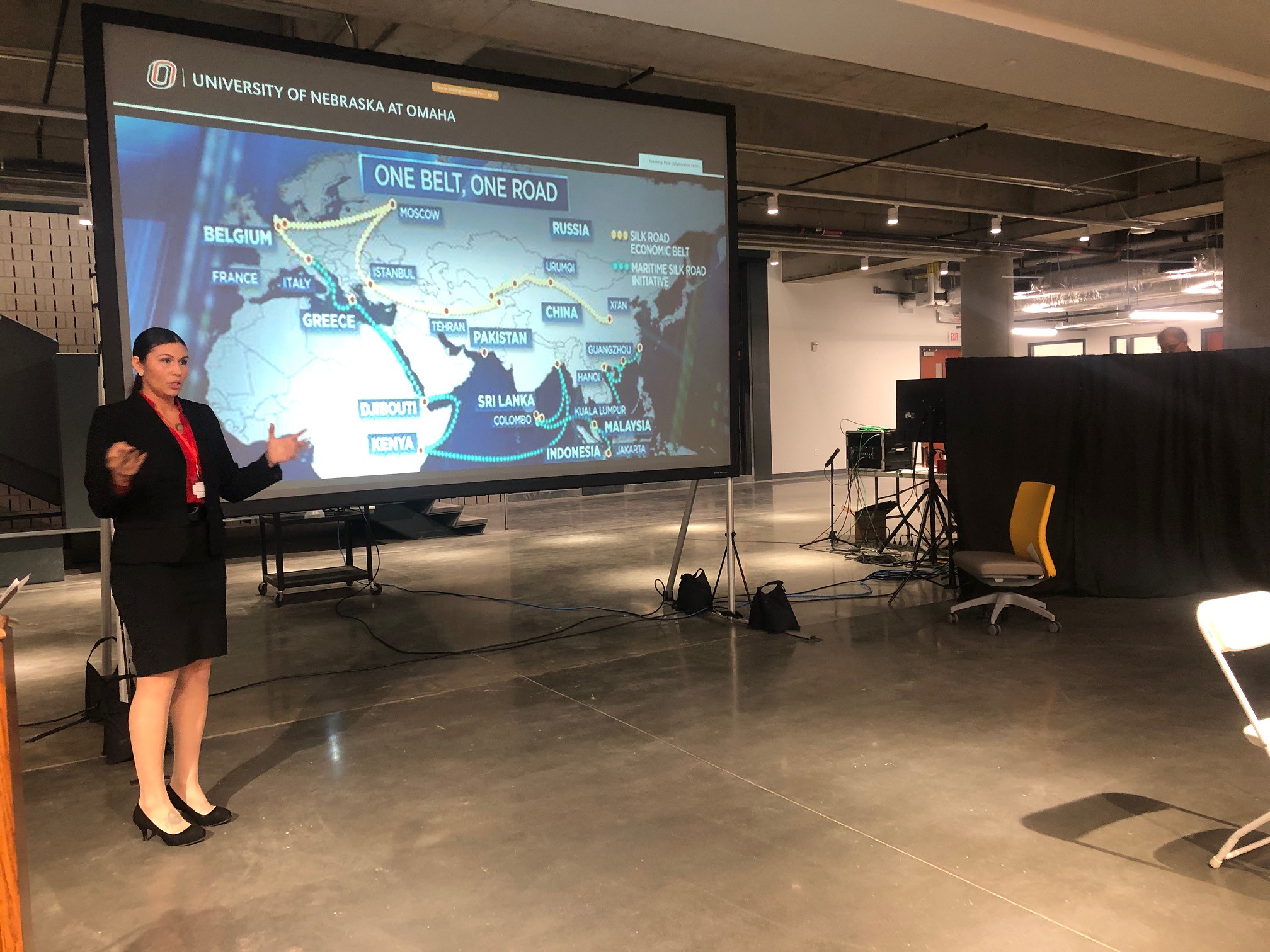
This is a guest post from Paul Johnson, who is an operations research analyst with the US Army. His personal research ranges on topics from political violence and militias to security force loyalty and design. The views expressed here do not represent the perspective of the US Army or Department of Defense. Given this forum’s focus as an outlet helping bridge the gap, this post discusses ways that academics working on national security-related topics can make themselves and their work more accessible to potential end-users, as seen and experienced from the author’s perspective as a...

This is a guest post by Richard W. Maass, an Associate Professor at the University of Evansville. His research focuses on international security, US foreign policy, terrorism, and diplomatic history. He has a forthcoming book on how democracy and xenophobia limited US territorial expansion (Cornell UP, May 2020). The international experience of COVID-19 will have many implications for international relations. Scholars have already begun discussing its implications for IR theories, hegemonic stability theory, and measures of state capacity. When all is said and done, I think the central...

As the world rushes to respond to the Covid-19 pandemic, international relations scholars have a lot to say. We are not public health experts, or pathologists. But we can speak to the way states respond to common threats and the political process needed to formulate an effective response. One common reference is the realist idea of self-interest driving state behavior and undermining collective action. Yet, while realism as an inclination can explain what's going on, Realism as a scholarly theory cannot. Many scholars and general observers of international relations have reacted with...

"The blob" has become a common term during the Democratic Primary. The DC foreign policy establishment, so the argument goes, has an overwhelming effect on all who engage with it, sucking them in and spitting them out as appendages to its militaristic, status quo policies. There is some truth to this idea, but it has come to encompass too much, and the term is losing its value. It may be worth deconstructing what we meant by "the blob" and having a real, direct, debate on Demcratic foreign policy. The Rise of THE BLOB One of the more popular phrases flung around in the Democratic Primary (at...
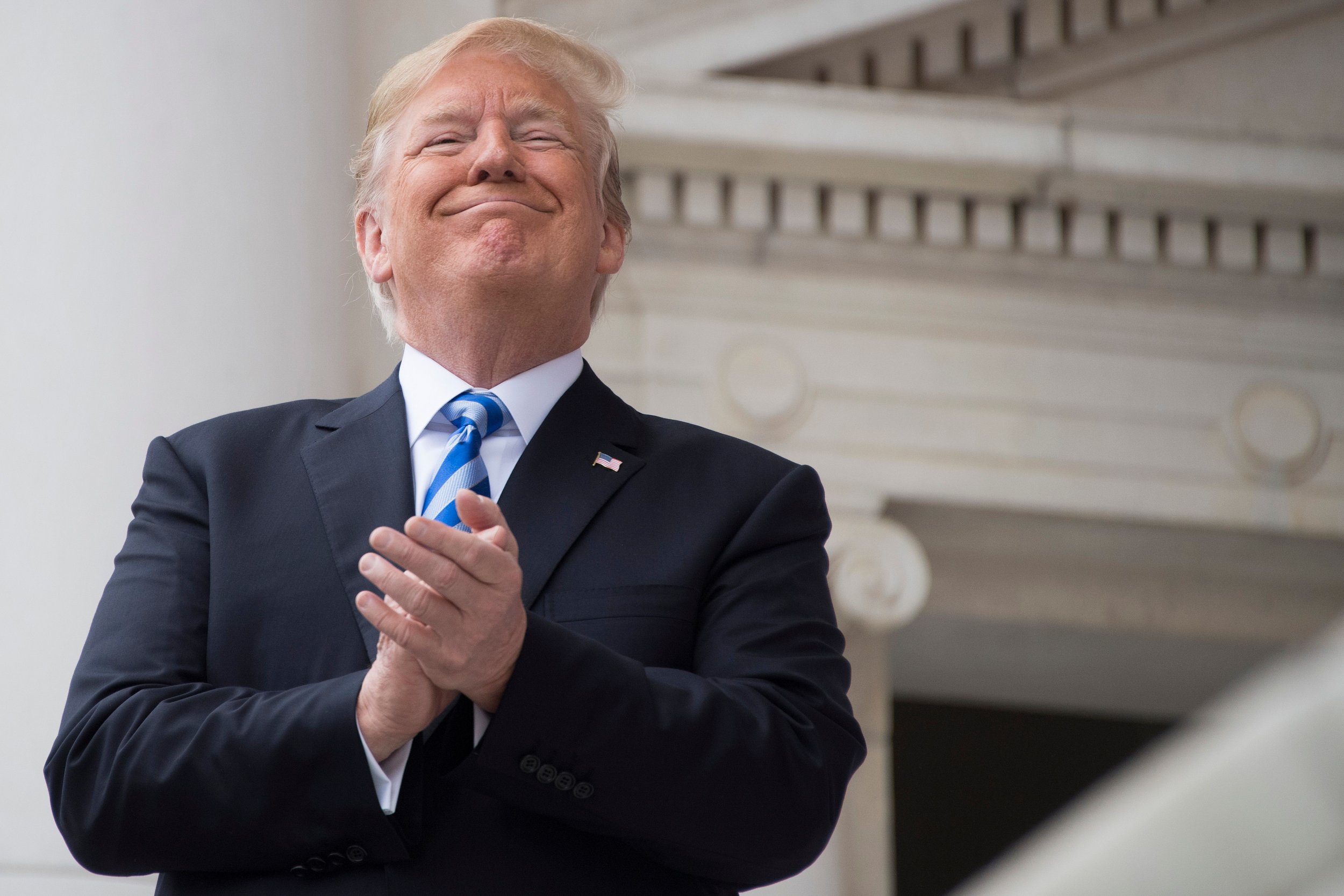
I got an alert from the Foreign Policy app on my phone the other day: Tunisia had fired its UN ambassador after he opposed Trump's Israel-Palestine "peace plan." Tunisian foreign policy doesn't usually make waves, but this caught my attention. It's a sign that, while Arab states aren't enthused about this plan, they are unlikely to push back strongly. It got me thinking about a bigger question: whether Trump will face any costs as the result of his unilateral and aggressive foreign policy, as liberal internationalists might expect. The answer seems to be no, and that has big implications for...
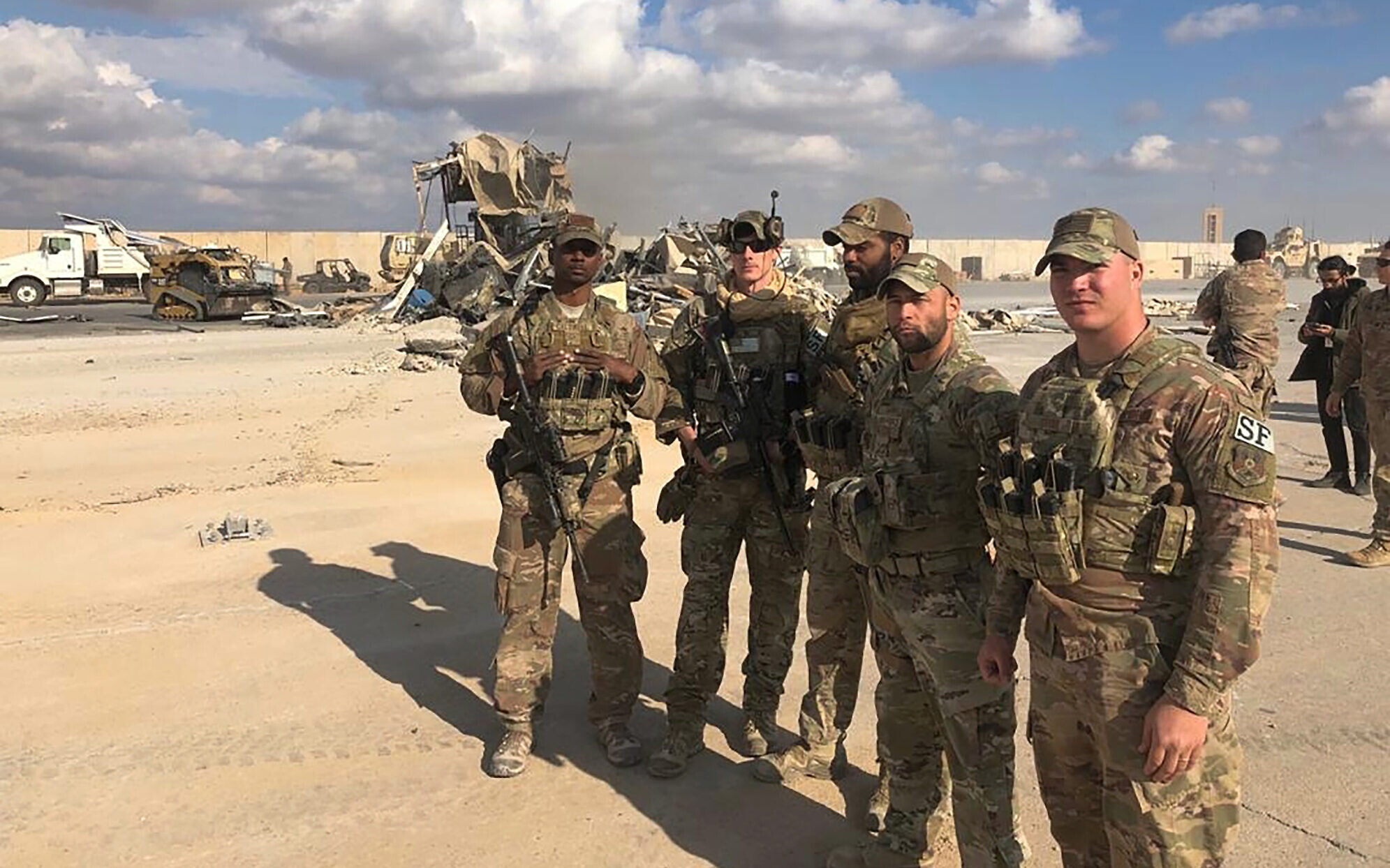
Restraint in US foreign policy is having a moment. That's a good thing. But I worry it's unclear whether restraint is a means or an end, and what that end would be. Without resolving this--preferably in favor of re-imagining a continued US leadership role in the world--current calls for restraint may do more harm than good. The popularity of restraint in US foreign policy should be making me happy. I went to college in the Bush years, and marched against the Iraq war. After graduating, I joined a group in DC trying to formulate a smart, progressive foreign policy vision. A few years later I...